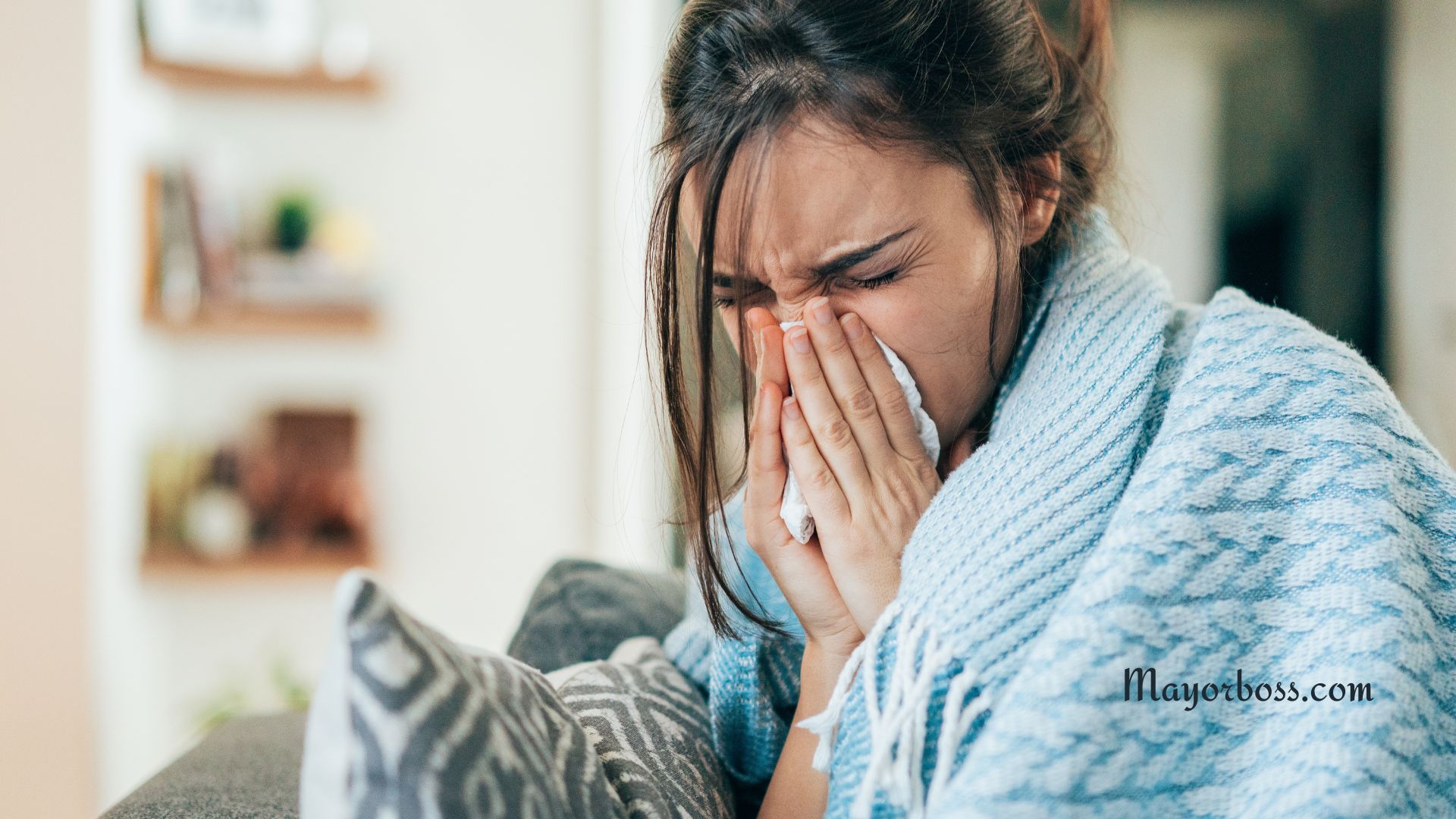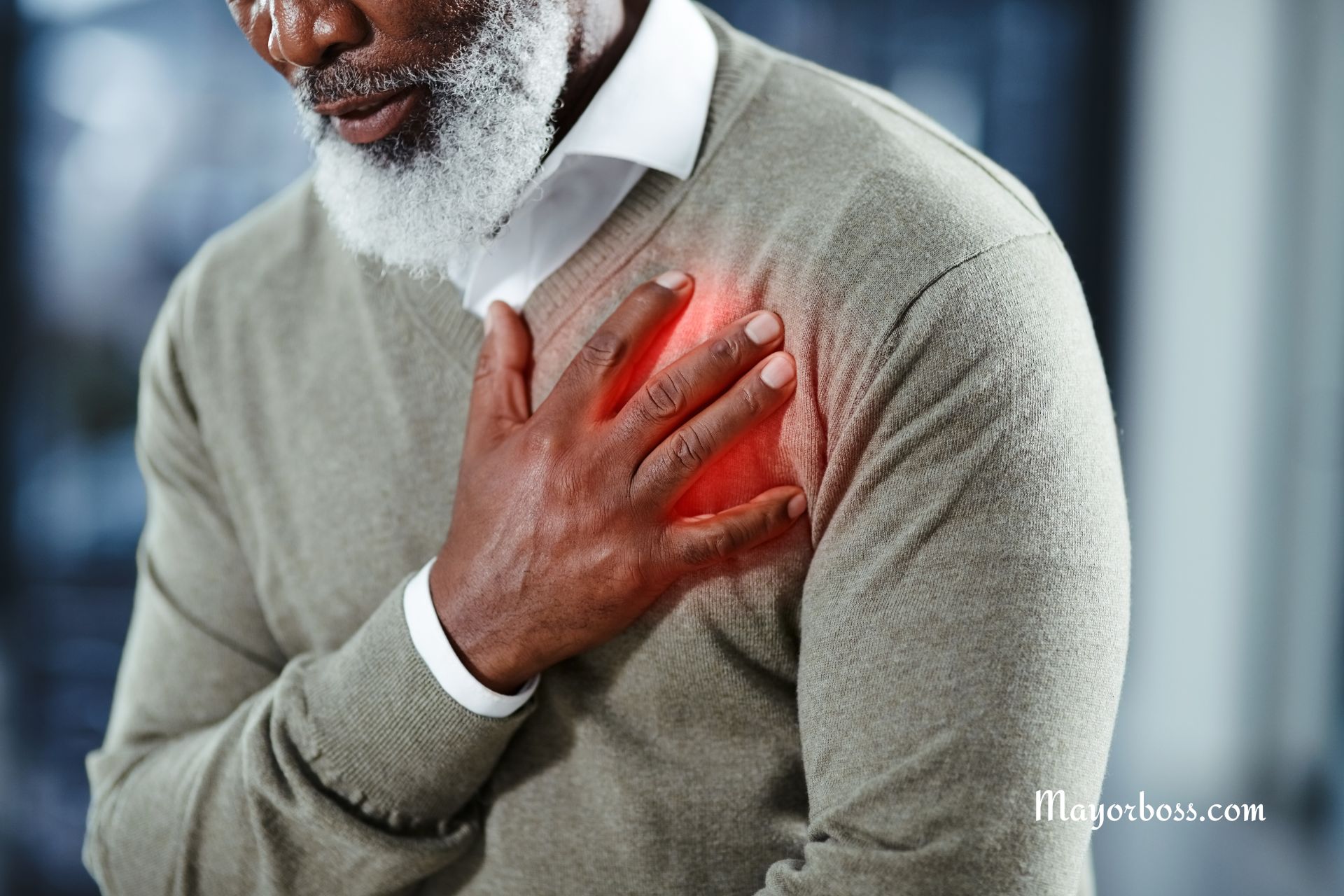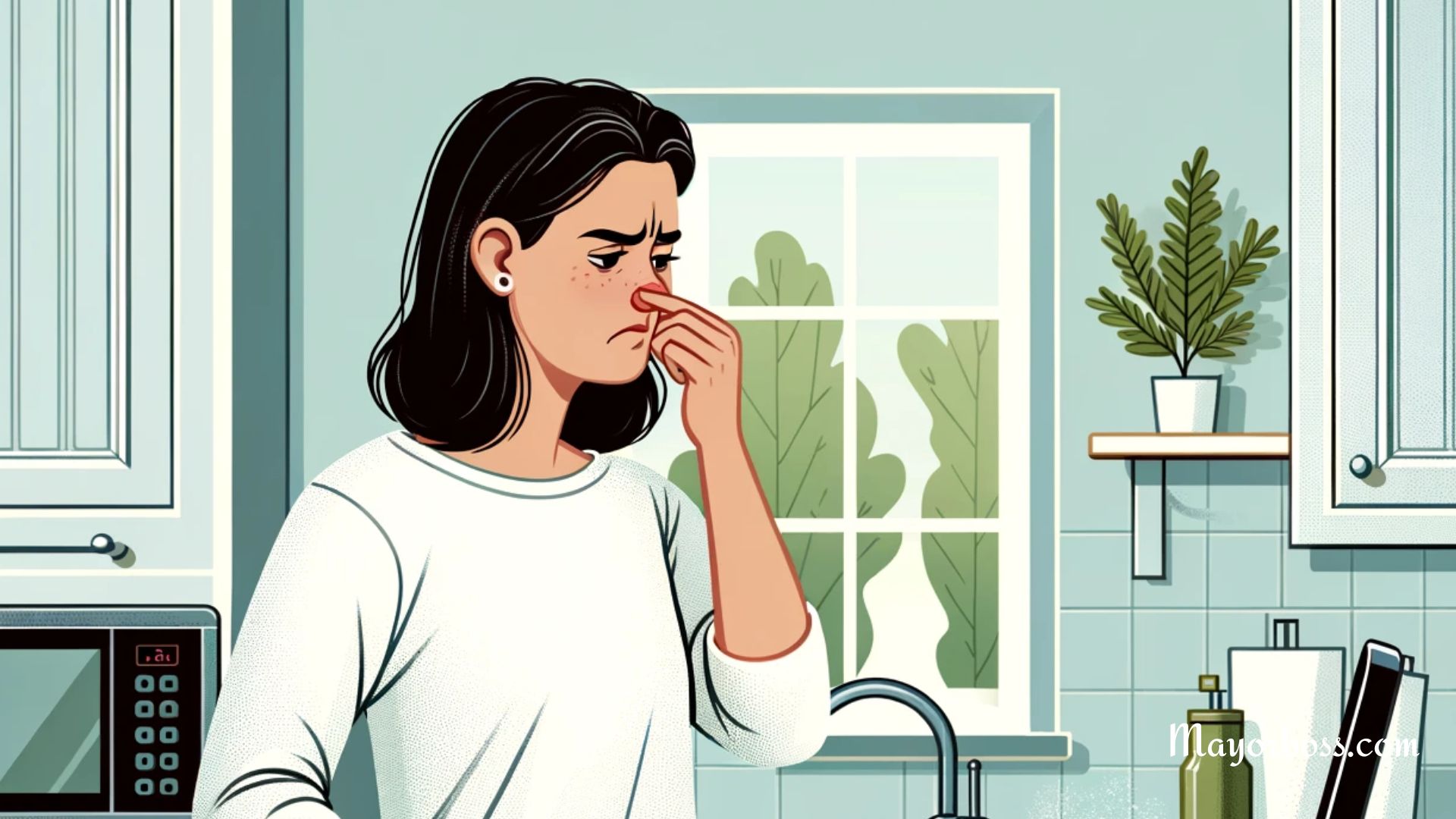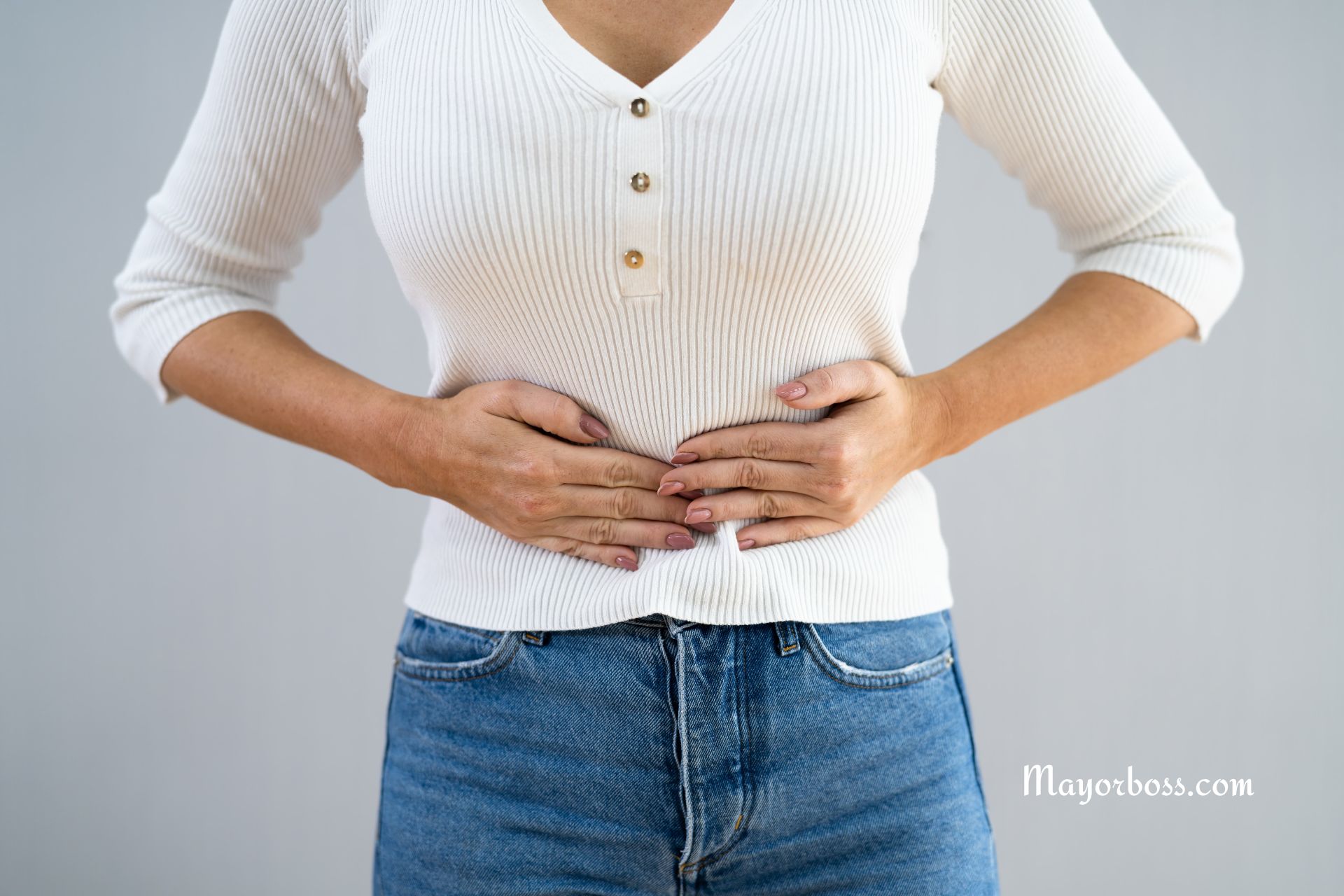What is E. coli, and How Should I Avoid Infection?
E. coli, short for Escherichia coli, is a kind of bacteria that usually lives in the intestines of people and animals. Most types of E. coli are harmless and even help your digestive system work well. But some types can make you really sick. These harmful types can cause stomach cramps, diarrhea, and vomiting. Don’t worry too much, though—there are lots of ways to avoid getting infected.
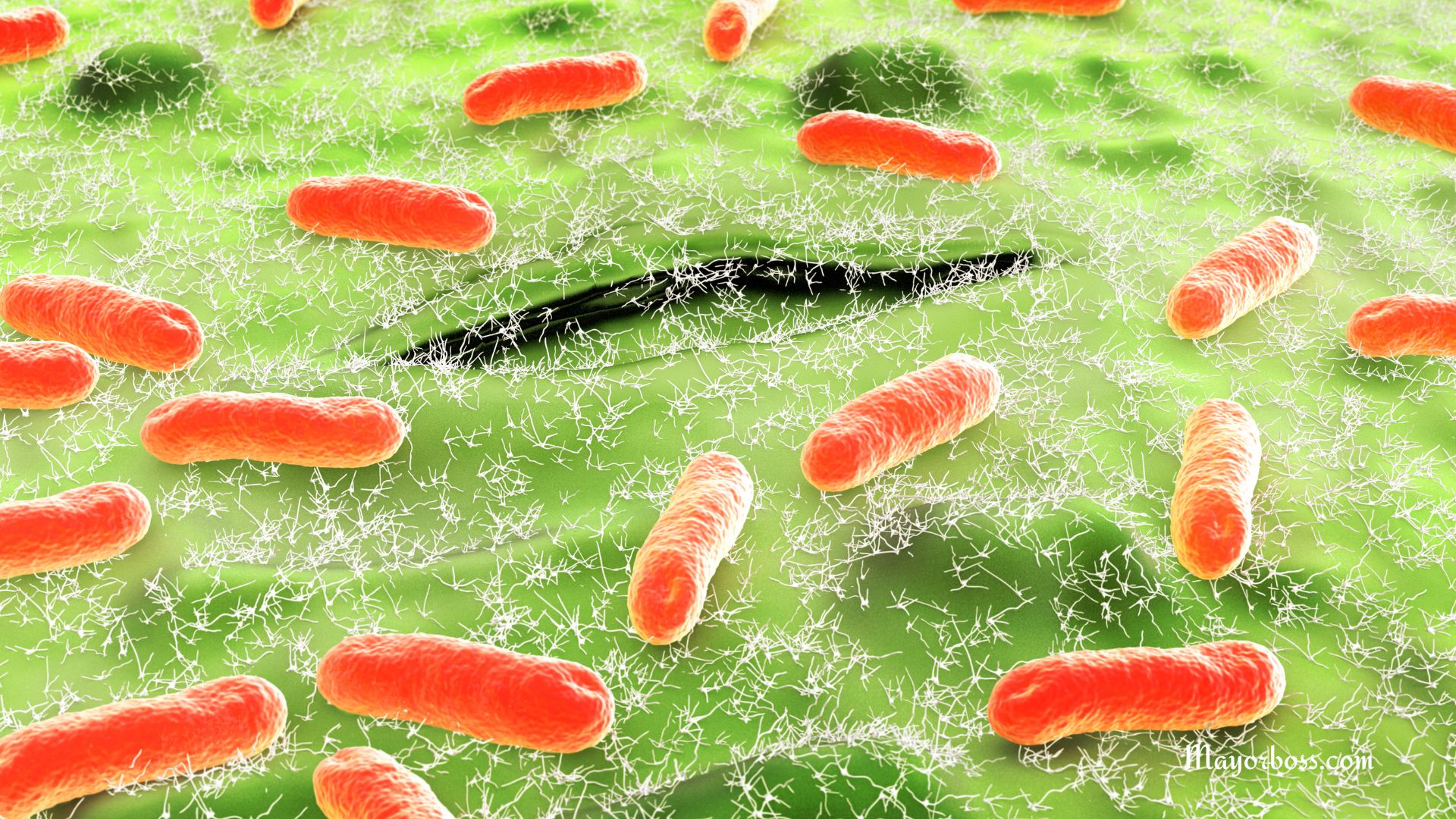
E. coli: Good vs. Bad Bacteria
Not all E. coli are bad. In fact, most of them are helpful bacteria that aid in digestion and keep other harmful germs away. However, some types, like E. coli O157:H7, can make you very sick. These dangerous types release toxins that hurt the lining of your intestines, which can cause symptoms like bloody diarrhea, stomach pain, and even kidney problems in serious cases.
The Centers for Disease Control and Prevention says that harmful E. coli often spread through contaminated food, water, or contact with infected animals or people. Knowing where E. coli comes from can help you protect yourself and your family.
How Does E. coli Spread, and Where Is It Found?
E. coli can get into your body in different ways. Usually, it’s in food or water that has been contaminated by animal or human waste. Here are some common sources:
- Undercooked Ground Beef: Harmful E. coli bacteria are often found in the intestines of cows. If ground beef isn’t cooked enough, E. coli can survive and end up in your food.
- Unwashed Fruits and Vegetables: Fresh produce can get contaminated with E. coli if it touches dirty soil or water, especially when manure is used as fertilizer.
- Unpasteurized Dairy Products: Raw milk and cheese can have E. coli if they haven’t been properly pasteurized to kill bacteria.
- Contaminated Water: Swimming in lakes or pools that have E. coli can lead to infection if you accidentally swallow the water.
- Person-to-Person Contact: E. coli can spread if someone doesn’t wash their hands well after using the bathroom and then touches things that others handle.
Symptoms of E. coli Infection
If you come into contact with harmful E. coli, symptoms usually show up between 1 and 10 days later. Most of the time, they start within 3 to 4 days. Some common symptoms include:
- Severe Stomach Cramps: This is often the first sign of an E. coli infection, and the cramps can be very painful.
- Diarrhea: It often starts out watery and may become bloody if the infection is serious.
- Vomiting and Nausea: Not everyone will vomit, but it can happen, especially with a severe infection.
- Fever: Sometimes, you might have a mild fever along with the other symptoms.
These symptoms usually last for about 5 to 7 days. If your symptoms are very bad or if you get dehydrated, you should see a doctor.
How Can You Avoid an E. coli Infection?
Luckily, there are some easy ways to protect yourself from E. coli:
Cook Meat Thoroughly to Kill Harmful Bacteria
One of the best ways to prevent E. coli infection is to cook meat—especially ground beef—thoroughly. The Centers for Disease Control and Prevention says that cooking meat to at least 160°F (71°C) will kill harmful bacteria. Always use a meat thermometer to make sure your food is hot enough.
Wash Your Hands Properly After Key Activities
Washing your hands well is super important to avoid E. coli. Use soap and water to wash your hands:
- After Using the Bathroom
- Before and After Handling Food
- After Touching Animals or Visiting a Petting Zoo
Make sure to scrub your hands for at least 20 seconds to get rid of bacteria.
Keep Fresh Produce Clean
Fruits and vegetables can carry E. coli if they have touched dirty soil or water. To prevent this, rinse all fresh produce under running water. You can also use a brush to scrub firmer vegetables.
Avoid Drinking Unpasteurized Milk or Juice
Unpasteurized milk and juices haven’t been treated to kill harmful bacteria, so they could have E. coli. It’s safer to stick with pasteurized options.
Be Careful Around Water
Lakes, ponds, and pools can be full of E. coli. If you swim in natural bodies of water, try not to swallow any water. Also, make sure pools are properly cleaned and chlorinated.
What to Do If You Think You Have an E. coli Infection
If you think you have an E. coli infection, it’s important to get medical help, especially if you have severe diarrhea, dehydration, or bloody stools. Most people recover from E. coli without needing antibiotics, which aren’t usually recommended because they could make things worse, like causing kidney problems.
Instead, staying hydrated is very important. Drink lots of fluids to replace the water you lose from diarrhea. Sometimes, people need to go to the hospital, especially young kids, older adults, or people with weak immune systems.
Should You Be Worried About Hemolytic Uremic Syndrome (HUS)?
Some types of E. coli—like O157:H7—can lead to a condition called Hemolytic Uremic Syndrome (HUS), which affects the kidneys and can cause serious problems. The National Institutes of Health says that HUS is rare, but it can happen in young children or older people who get an E. coli infection. Symptoms of HUS include less urination, feeling very tired, and looking pale. If you notice these symptoms after an E. coli infection, contact your doctor right away.
Key Tips for Preventing E. coli Infection
To sum it up, here are the main ways to avoid an E. coli infection:
- Cook meat thoroughly, especially ground beef.
- Always wash your hands after using the bathroom or handling raw food.
- Rinse fresh produce before eating.
- Avoid unpasteurized milk and juices.
- Be careful around natural water sources.
If you think you might have an E. coli infection, stay hydrated and get medical help if your symptoms are really bad or get worse. By following these tips, you can help keep yourself and your family safe from this common but sometimes dangerous bacteria.


